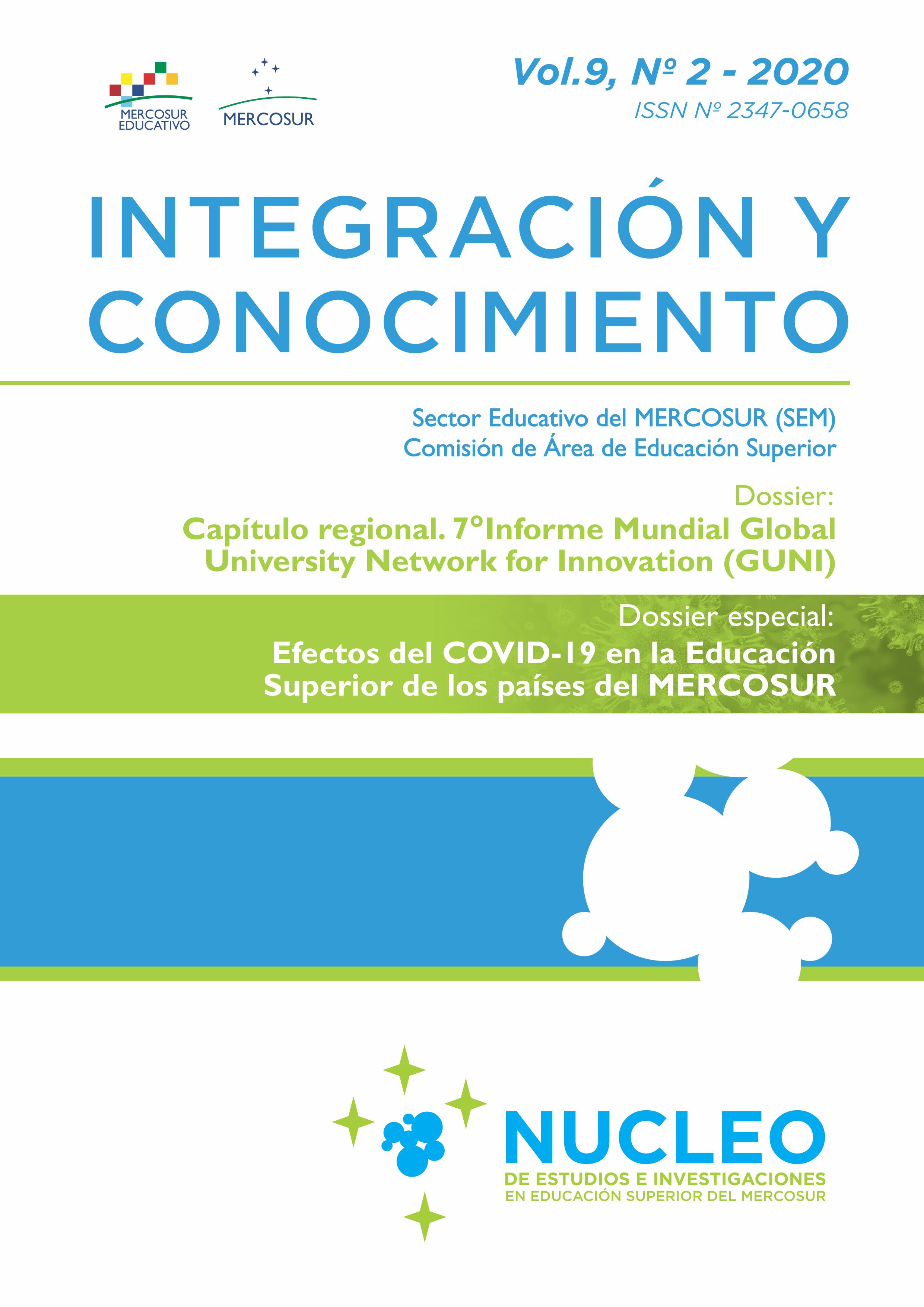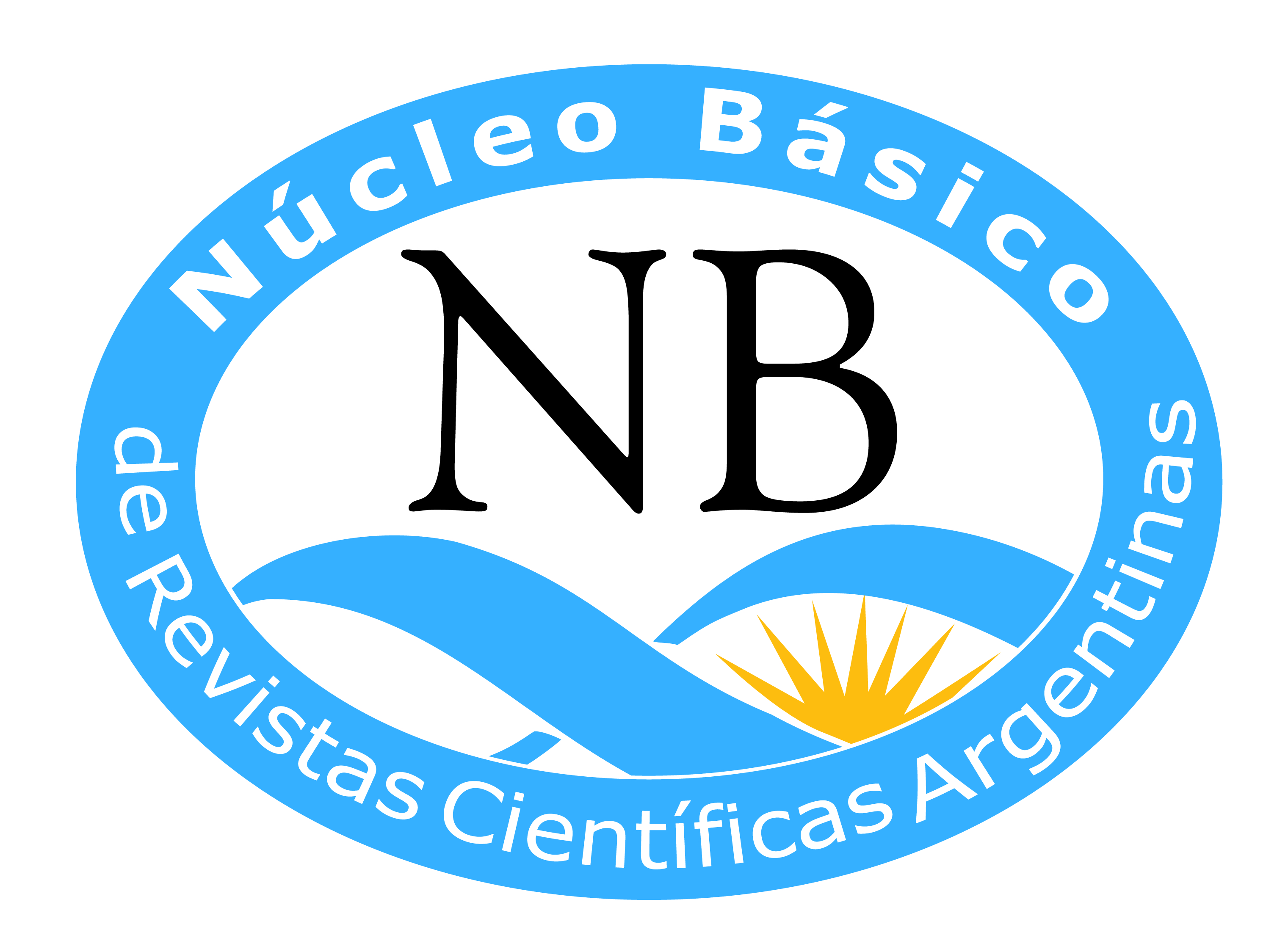TOWARDS AN ARTICULATION POLICY BETWEEN HUMANITIES, SCIENCES AND TECHNOLOGY: THE NATIONAL COUNCIL OF SCIENCE AND TECHNOLOGY IN THE NEW GOVERNMENT OF MEXICO
DOI:
https://doi.org/10.61203/2347-0658.v9.n2.29474Keywords:
Scientific Policy; Social and Environmental Impact; National Supremacy; Dialogue of knowledge.Abstract
En este ensayo se presentan las líneas estratégicas de la nueva política científica y tecnológica a partir del triunfo de Andrés Manuel López Obrador como presidente de la República Mexicana. En términos generales, esta nueva política de Estado se plantea lo siguiente: salvaguardar la soberanía nacional en la generación y aplicación del conocimiento científico y de las tecnologías con el acompañamiento y fortalecimiento de las comunidades rurales en el cuidado de sus territorios y riqueza biocultural –diálogo de saberes y comunalidad–. Impulsar una Ciencia orientada a la comprensión profunda, prevención y solución de problemáticas de salud, alimentación, ambiente, inequidad, exclusión y violencia para multiplicar sus impactos sociales y ambientales desde circuitos virtuosos para un mundo mejor para todos.
Downloads
Downloads
Published
Issue
Section
License

This work is licensed under a Creative Commons Attribution 4.0 International License.
Authors who have publications with this journal accept the following terms:
a. Authors shall retain their copyright and guarantee the journal the right of first publication of their work, which shall simultaneously be subject to the Creative Commons License of Recognition which allows third parties to share the work as long as its author is indicated and its first publication is this journal.
b. Authors may adopt other non-exclusive licensing agreements for the distribution of the published version of the work (e.g., depositing it in an institutional telematic archive or publishing it in a monographic volume) provided that the initial publication in this journal is indicated.
c. Authors are allowed and encouraged to disseminate their work via the Internet (e.g. in institutional telematic archives or on their website) after publication of the article, which may lead to interesting exchanges and increased citations of the published work. (See The Effect of Open Access).



